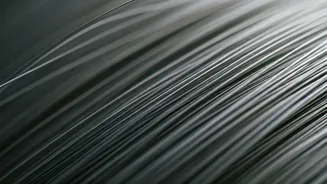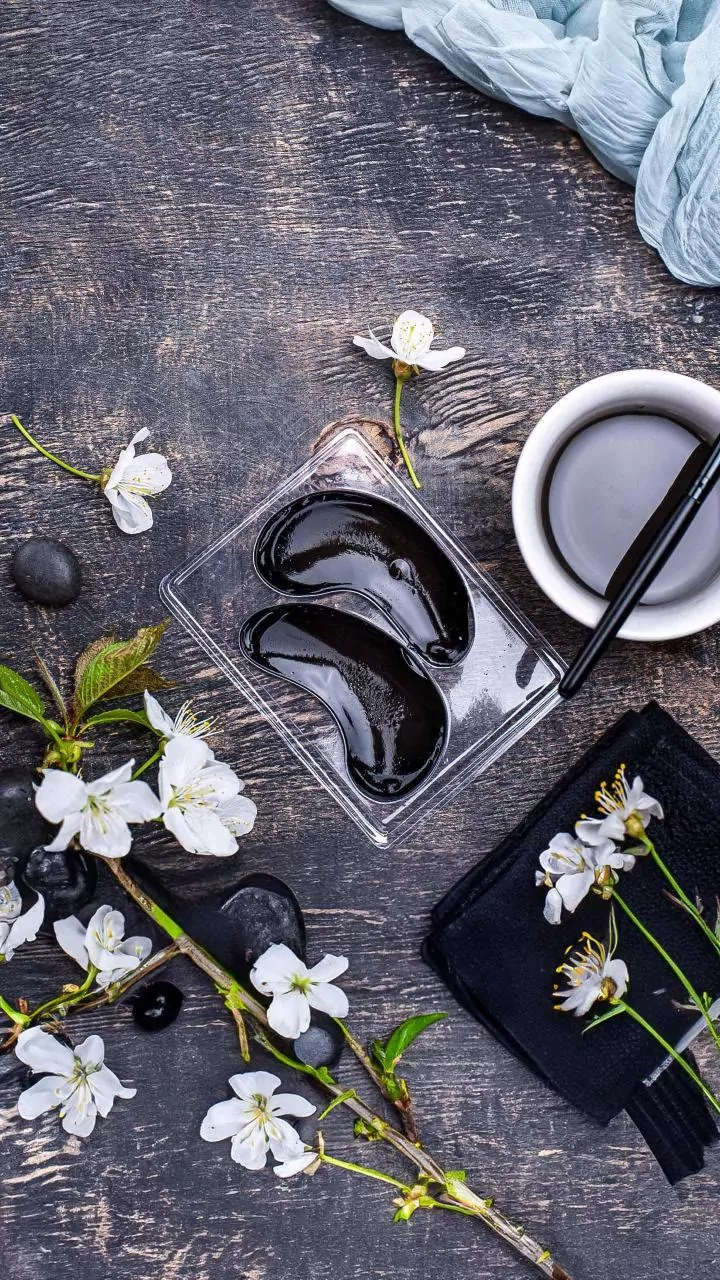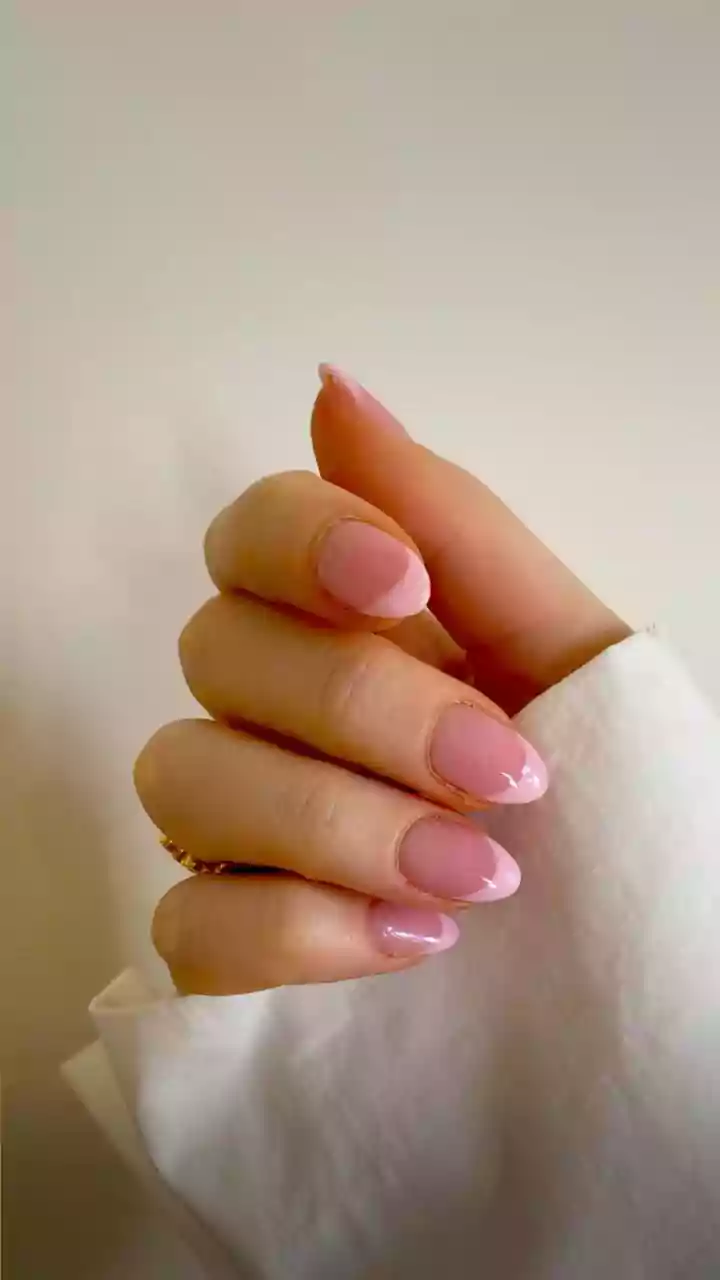Understanding Grey Hair
Grey hair arises from a reduction in melanin, the pigment responsible for hair color. This pigment is produced by melanocytes, specialized cells located
in the hair follicles. As we age, melanocytes become less efficient, leading to a decline in melanin production. Consequently, the hair loses its color and appears grey or white. Several factors influence this process, including genetics, which plays a significant role in the timing of greying. Ethnicity also matters, as some populations tend to grey earlier than others. Furthermore, lifestyle choices, such as smoking, and certain medical conditions can contribute to premature greying. The process itself is irreversible, but managing the underlying causes and adopting appropriate care can significantly influence the hair's appearance and health.
Reasons Behind Greying
Various factors can contribute to the appearance of grey hair. Genetic predisposition is a primary determinant, with family history significantly influencing the age at which an individual's hair begins to grey. Stress can also play a role, as prolonged or intense stress may affect the melanocytes' function, potentially leading to premature greying. Deficiencies in certain vitamins, such as B12, and minerals, like iron and copper, can also be contributing factors, as these nutrients are essential for healthy hair growth and pigmentation. Medical conditions, including thyroid disorders and autoimmune diseases like alopecia areata, can also accelerate the greying process. Smoking is another major factor, as it can damage hair follicles and reduce blood flow to the scalp, which in turn can lead to premature greying. Understanding these potential causes can aid in managing and possibly slowing down the greying process.
Scalp Care Strategies
Maintaining a healthy scalp is crucial for promoting overall hair health and potentially delaying the onset of greying. Regular cleansing helps remove product buildup, excess oil, and environmental pollutants that can impair hair follicle function. Gentle shampoos, free from harsh chemicals like sulfates, should be used to avoid stripping the scalp of its natural oils. Scalp massages, either self-administered or by a professional, can improve blood circulation to the follicles, encouraging hair growth and potentially assisting in melanin production. Using moisturizing conditioners can keep the scalp hydrated and prevent dryness, which is essential for healthy hair. Protecting the scalp from sun exposure with hats or scarves is also important, as UV radiation can damage hair follicles. Addressing any scalp conditions, such as dandruff or dermatitis, is crucial, as inflammation can negatively affect hair health and potentially influence greying.
Embrace Grey Gracefully
Embracing grey hair can be a beautiful and empowering choice. Instead of viewing greying as a negative, consider it as a natural evolution. Many individuals find that grey hair complements their features, adding a touch of sophistication and individuality. There are various ways to embrace this natural color, including transitioning gradually or opting for a bold, immediate change. Styling grey hair involves adapting your approach to suit its texture and needs. Consider products designed for grey hair, which often contain ingredients to enhance shine and manageability. Regular haircuts and styling can help maintain a polished look. Celebrating grey hair often involves adopting a new perspective, focusing on self-acceptance, and appreciating the beauty of aging gracefully. The key is to find what works best for your hair type and personal style while maintaining a healthy, confident outlook.
Grey Hair Remedies
Several remedies may help manage and potentially slow the progression of grey hair. A balanced diet rich in essential vitamins and minerals is crucial. Specifically, foods containing vitamin B12, iron, and copper are beneficial. Certain supplements, such as biotin and omega-3 fatty acids, can also promote hair health. There are various herbal remedies that have been suggested to help with hair health and potentially pigmentation. Scalp massages can stimulate blood flow, which may assist in maintaining pigment production. While reversing grey hair entirely is not possible, these remedies can improve overall hair health, enhance shine, and potentially slow down further greying. It is important to consult with a dermatologist or healthcare professional before beginning any new treatment to ensure its suitability for your specific needs.
Avoid Triggering Factors
Certain lifestyle choices and environmental factors can accelerate the greying process. Smoking, for example, is strongly linked to premature greying due to its damaging effects on hair follicles. Excessive stress can also trigger or exacerbate greying; therefore, it's important to develop effective stress-management techniques, such as meditation, yoga, or spending time in nature. Exposure to pollution and harsh chemicals can weaken hair and the scalp, thus potentially contributing to greying. Make sure to minimize exposure where possible. A diet lacking in essential nutrients may also play a role, so ensuring a balanced intake of vitamins and minerals is very important. Managing any underlying health conditions, such as thyroid disorders or autoimmune diseases, can also have a positive impact. Making informed lifestyle choices can help to protect hair health and potentially delay the onset of further greying.
Diet and Hair Colour
Diet plays an important role in the maintenance of hair color. A diet rich in antioxidants, found in fruits and vegetables, can help protect hair follicles from damage and maintain their health. Foods rich in copper, like nuts and seeds, are crucial for melanin production. Consuming iron-rich foods, such as spinach and lentils, also supports hair health, preventing deficiencies that might cause greying. Vitamin B12, prevalent in animal products, is another vital nutrient for healthy hair. A well-rounded diet supports overall hair health and may help to slow or mitigate premature greying. Consider incorporating these dietary changes to maintain the natural color of your hair for longer, along with proper hair care.






















